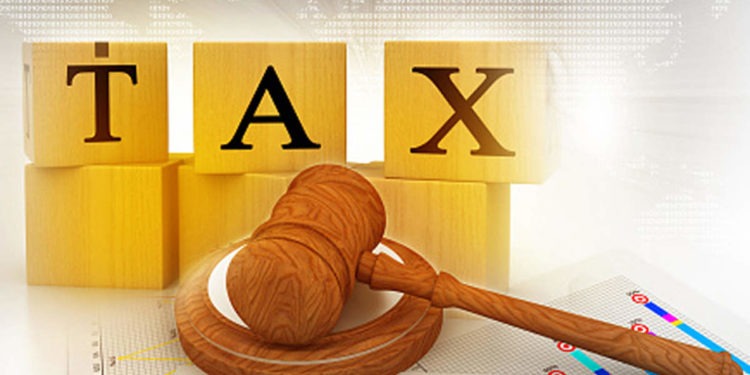The Kenyan government is poised to reintroduce sweeping changes to tax relief procedures through the proposed Tax Procedures (Amendment) Bill, 2024. The draft legislation, set to revive powers previously revoked by the nullified Finance Act 2023, marks a significant shift in how unpaid taxes are managed and resolved.
Under the new bill, Section 37F of the Tax Procedures Act would be amended to allow tax relief in cases where the Commissioner of the Kenya Revenue Authority (KRA) deems the recovery of unpaid taxes to be impossible, overly burdensome, or inequitable. The proposal grants the Cabinet Secretary for National Treasury the authority to approve relief for part or all of the taxes owed, or to direct the KRA to take alternative actions.
A notable feature of the bill is the requirement for the Treasury Secretary to publish notices in the Gazette at least three times a year, listing the names of taxpayers who have been granted relief, the reasons for the relief, and the amounts of taxes abandoned. This provision is a departure from the previous mandate of twice-yearly notices and introduces additional oversight by requiring the National Assembly to either approve or annul the notices within 21 days.
The proposal has sparked debate, with critics voicing concerns over potential misuse of the tax relief provisions. The controversy is heightened by the memory of a March 2023 scandal in which KRA was scrutinized for abandoning KES 20.36 billion in tax revenue between January 2018 and February 2023.
Proponents argue that the bill is necessary to address challenges in tax collection and to provide relief in cases where recovery efforts may be futile. However, opponents worry that the amendments could lead to abuse of power and lack of transparency in tax administration.











